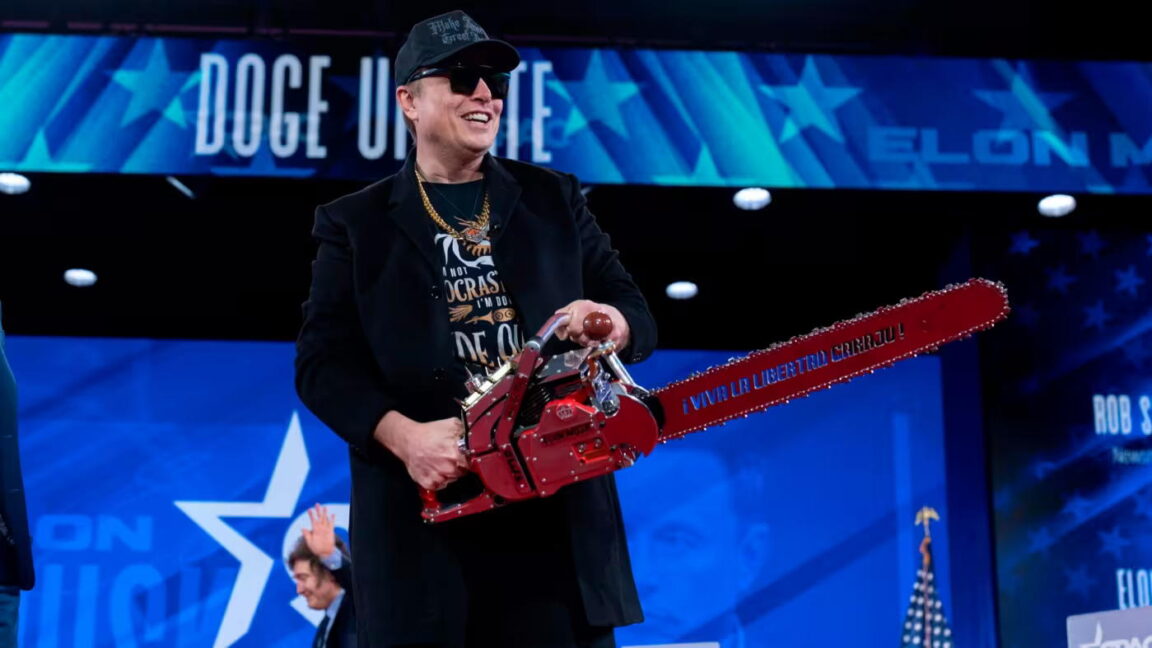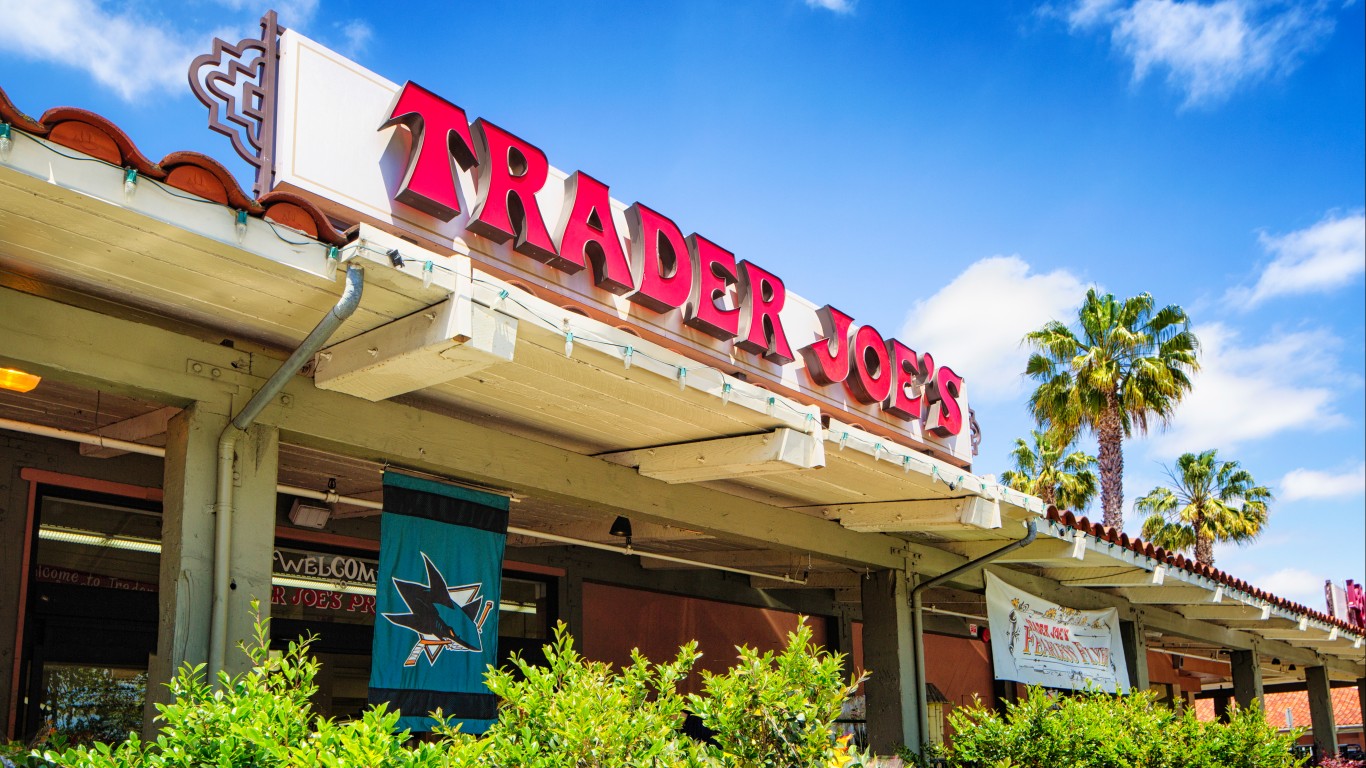fromokmagazine.com
2 days agoCelebrity Influence on FAANG: How Star Power Shapes Big Tech Perception
Technology companies are no longer viewed as distant, purely functional businesses. They sit at the center of entertainment, communication, and daily life, which naturally brings them closer to celebrity culture. The companies commonly grouped under the term FAANG, Facebook (Meta), Apple, Amazon, Netflix, and Google (Alphabet), function not only as technology providers but also as cultural platforms.
Apple

























